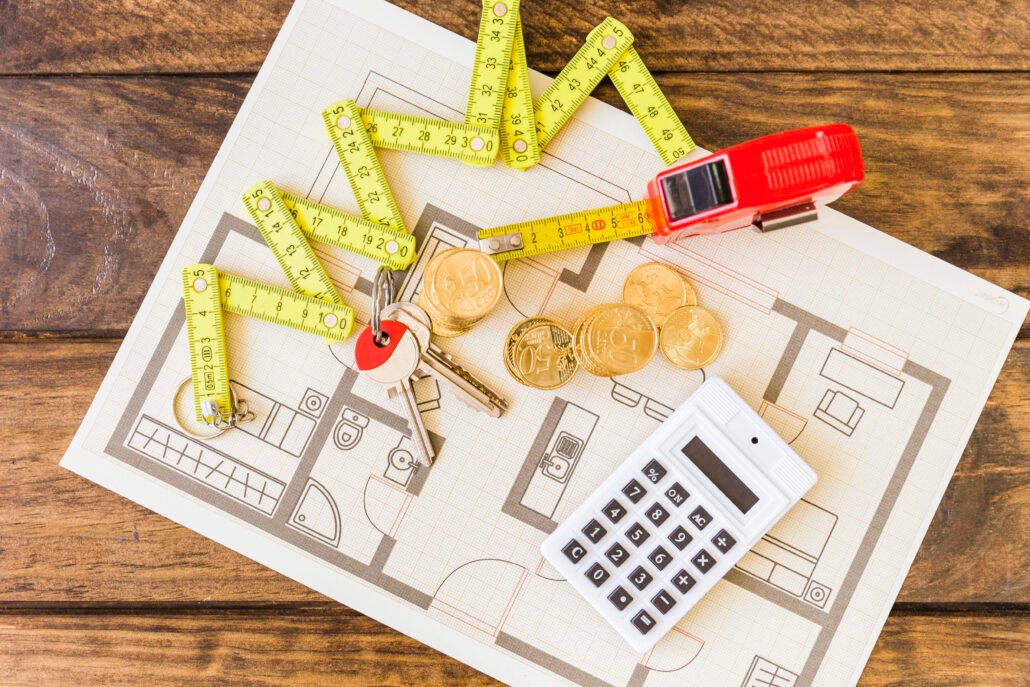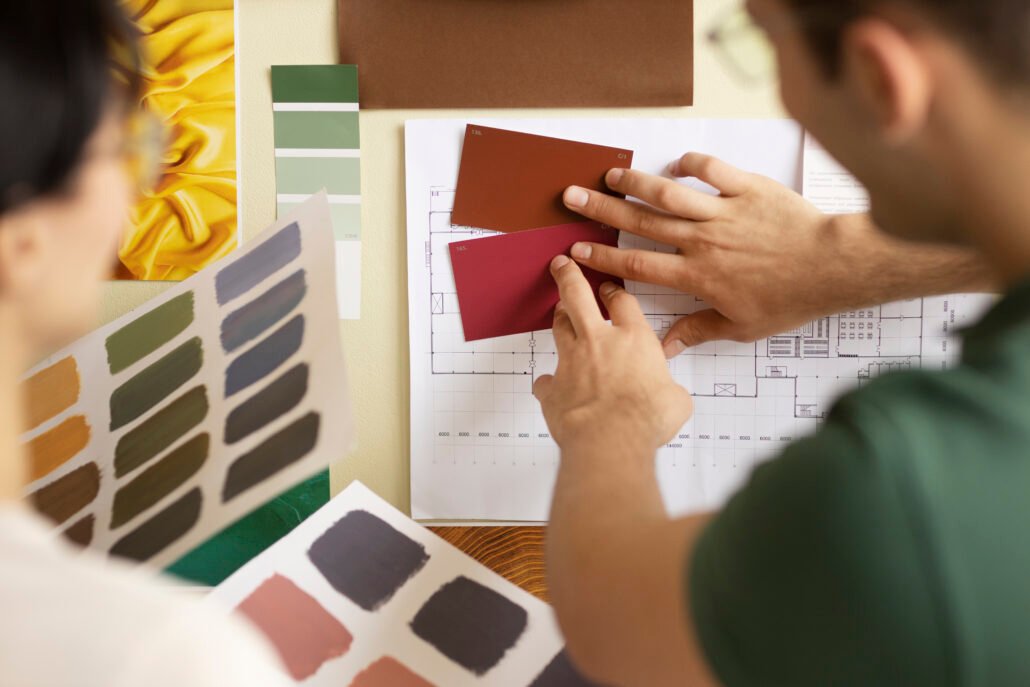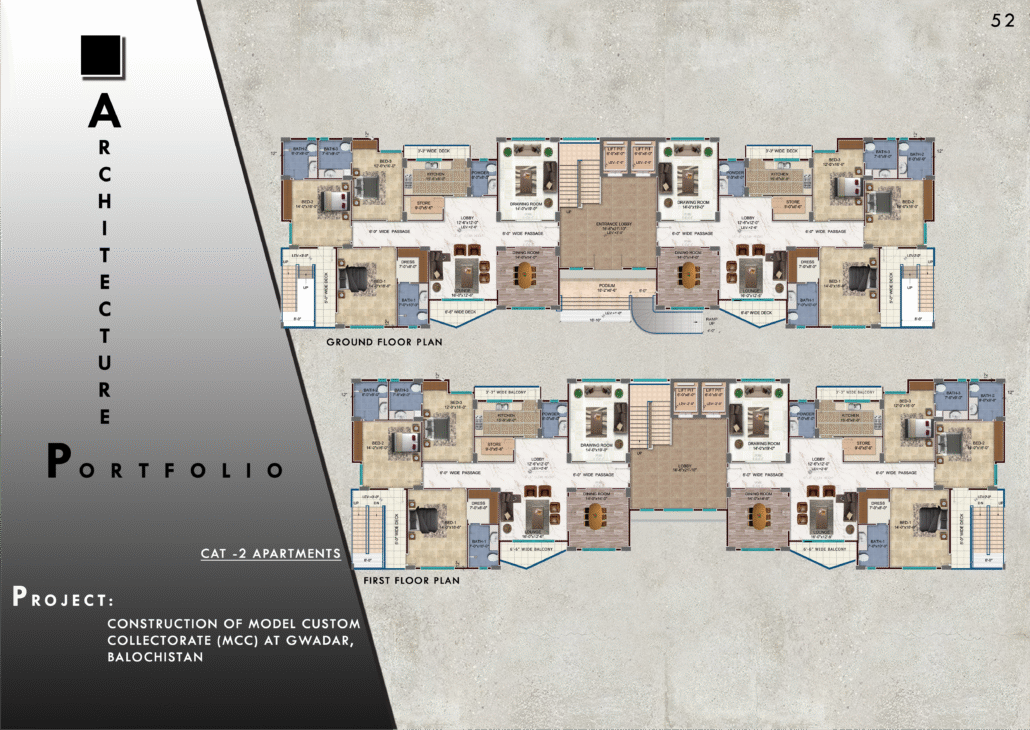Build Home By yourself without License in the USA?
Introduction:
Can I Build Home by Myself without license in USA? Without a license, building a house in the US is a difficult and risky legal undertaking. Though theoretically feasible, it is not recommended for a variety of reasons. This article will explore the legal and practical ramifications of building a house without a permit in the United States, highlighting potential hazards and difficulties.
Understanding the Licensing Requirements
For people or businesses engaged in home construction, almost all states and municipal governments in the US have certain licensing requirements. These specifications are put in place to guarantee that structures are built safely and by building norms and codes. State-by-state variations in these standards notwithstanding, they typically consist of:

1) Contractor’s License:
A general contractor must hold a valid license in the majority of states. Typically, getting a license requires passing a test, proving appropriate experience, and presenting documentation of bonding and insurance.
2) Specialty Licenses:
A general contractor’s license is not the only license needed for construction-related trades including electricians, plumbers, and HVAC professionals.
3) Permits:
Permits for buildings are necessary for each construction project. These licenses are normally acquired from local government agencies, and they are given out following an examination of the project’s blueprints to make sure they adhere to regional building codes.
The Risks of Building without a License
There are serious legal and practical consequences when someone tries to build a house without the required licenses and permissions.
1) Legal Consequences:
In most jurisdictions, building without the necessary licenses and permits is prohibited. This may result in fines, penalties, or even criminal proceedings. Your project can be demolished, and you might receive an order to cease work right away.
2) Safety Concerns:
There’s a greater chance of accidents and poor building if one has the necessary skills and experience. Homes that are poorly built may not comply with building codes and provide safety risks to you and any subsequent inhabitants.
3) Insurance Issues:
The majority of insurance policies do not pay for losses or injuries brought on by illegal buildings. As a result, you become directly responsible for any mishaps or property damage.
4) Difficulty Selling or Insuring the Property:
It may be difficult to sell or obtain insurance for the house later on if you manage to finish it without the necessary licenses and permissions. A residence with a history of license violations may raise concerns from insurance providers and prospective buyers.
5) Diminished Property Value:
The value of the house may be negatively impacted by improper licensing and permits, even if you intend to use it for personal purposes.
6) Inferior Workmanship:
Poor construction skills can result in subpar work, which compromises the longevity of the project in addition to its safety. Future maintenance and repair expenses may increase as a result of this.
7) Environmental Impact:
Disregarding environmental laws may lead to environmental infractions and fines, as well as damage to the community’s ecology and water quality.
Alternatives and Considerations
If you’re interested in building your own house, you have other possibilities to think about even if trying to build without a license is not a good idea:
1) Owner-Builder Permits:
In certain states, homeowners can apply for permits to build their own homes and take on the role of owner-builder. This usually entails engaging seasoned contractors for particular projects or exhibiting a certain level of construction knowledge.
2) DIY Projects:
Without a contractor’s license, you can DIY projects around your house, such as kitchen or bathroom renovations. But before doing any structural alteration or electrical or plumbing work, make sure you verify the local laws and secure the required permits.
3) Consulting with Professionals:
Consulting with certified experts, including architects and structural engineers, can assist in guaranteeing that your plans adhere to safety and code standards even if you want to handle the construction job hands-on.
4) Hiring Licensed Contractors:
The most sensible and complying course of action, if you’re not sure you can handle a building project, is to hire a licensed general contractor. Permits and subcontractor management are just two of the many facets of the construction that they will oversee.
Conclusion:
Building a house in the United States without a permit is dangerous and frequently against the law. Comprehending local legislation, obtaining required licenses, and ensuring construction is carried out by skilled professionals are of utmost importance. Ignoring these rules may result in financial losses, legal issues, and safety risks. If you want to build a home while following the law and making sure it’s safe, it’s always a good idea to speak with licensed professionals and local authorities.








